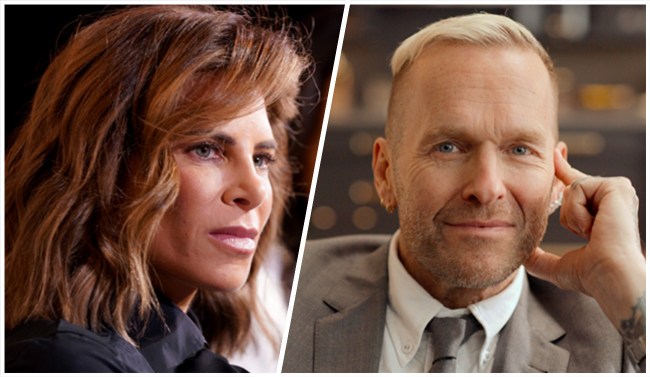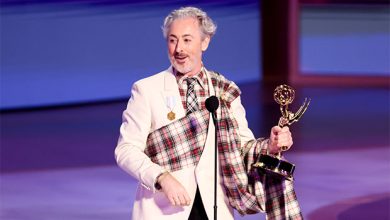Jillian Michaels vs. Netflix’s Biggest Loser Docuseries: The Controversy Explained

In the wake of Netflix’s controversial docuseries, Jillian Michaels has taken a stand against what she calls damaging portrayals of her role on the show. This article delves into the key issues raised and the responses from both sides.
Jillian Michaels vs. Netflix’s ‘Biggest Loser’ Docuseries: A Comprehensive Overview
Jillian Michaels is making headlines once again. Following the release of Netflix’s three-part docuseries Fit for TV: The Reality of the Biggest Loser, the renowned trainer has voiced her concerns, labeling the project as “so egregious and so damaging.” She has taken to Instagram to present evidence countering the docuseries’ claims and is considering legal action against Netflix, her former co-star Bob Harper, and show doctor Robert Huizenga. Michaels has engaged attorney Bryan Freedman to explore her options.
Overview of the Docuseries
Directed by Skye Borgman (Abducted in Plain Sight), the docuseries revisits the controversial NBC series that debuted in 2004 and dominated ratings for over a decade. Through interviews with former contestants, producers, and insiders, it reveals extreme weight-loss tactics, emotional manipulation, and the chaotic aftermath behind the scenes.
Defending the Narrative
In a recent interview with Gold Derby, Borgman and executive producer Michael Gasparro defended their storytelling approach, emphasizing their intention to present the contestants’ perspective. “We didn’t want to make something salacious,” Gasparro stated. “We aimed to understand why these contestants found themselves in such vulnerable situations.”
Caffeine Pills Controversy
The documentary suggests that Michaels secretly provided contestants with unauthorized caffeine pills against medical advice. In response, Michaels shared a 2009 email chain involving herself, Harper, Huizenga’s team, and producers, which supports her claim that caffeine was never banned and was approved by Huizenga. She asserts that Harper was aware of the caffeine pills and even recommended them.
The Fallout with Bob Harper
The docuseries also touches on Michaels’ strained relationship with Harper, particularly after his heart attack in 2017. In Fit for TV, Harper claims Michaels never reached out. Michaels countered by sharing a text from June 2014, expressing her disappointment in their relationship. The truth of their communication remains uncertain.
See More ...
Defending the 1,600-Calorie Diet
Contestants allege they were subjected to dangerously low-calorie diets. Michaels provided screenshots of texts and emails indicating she advised contestants to consume 1,600 calories per day, claiming this was approved by the production team.
Denying the “Millionaire” Quote
In a past interview, Season 1 winner Ryan Benson alleged that Michaels said to him, “You’re going to make me a millionaire.” Michaels vehemently denied this, stating she was mic’d up throughout the finale, and if she had made such a comment, it would have been recorded.
Escalating the Response
After sharing her evidence, Michaels contacted TMZ to amplify her response. In the interview, she described the docuseries as “filled with so many lies” and confirmed her discussions with Freedman regarding potential legal action. “This is so egregious and so damaging that I don’t think I have a choice,” she stated, emphasizing her commitment to providing evidence to support her claims.
Filmmakers Stand Firm
While Michaels continues to defend her reputation, Borgman and Gasparro assert that Fit for TV aims to highlight the human cost of reality television rather than target any individual. Borgman reflected on her changed perspective over the years, stating, “The only way to tell this story was from the contestants’ perspective — they had the most authentic experiences.”
Looking Ahead
As of now, Netflix has not responded to Michaels’ allegations, nor have Harper or Huizenga publicly commented. Michaels remains active in defending her reputation and disputing the narrative presented in Fit for TV. Regardless of whether a lawsuit materializes, the controversy raises important questions about the ethics of reality TV in documenting health, weight loss, and personal struggles. With Michaels’ ongoing social media activity and her interview with TMZ, it’s clear this battle is far from over.




